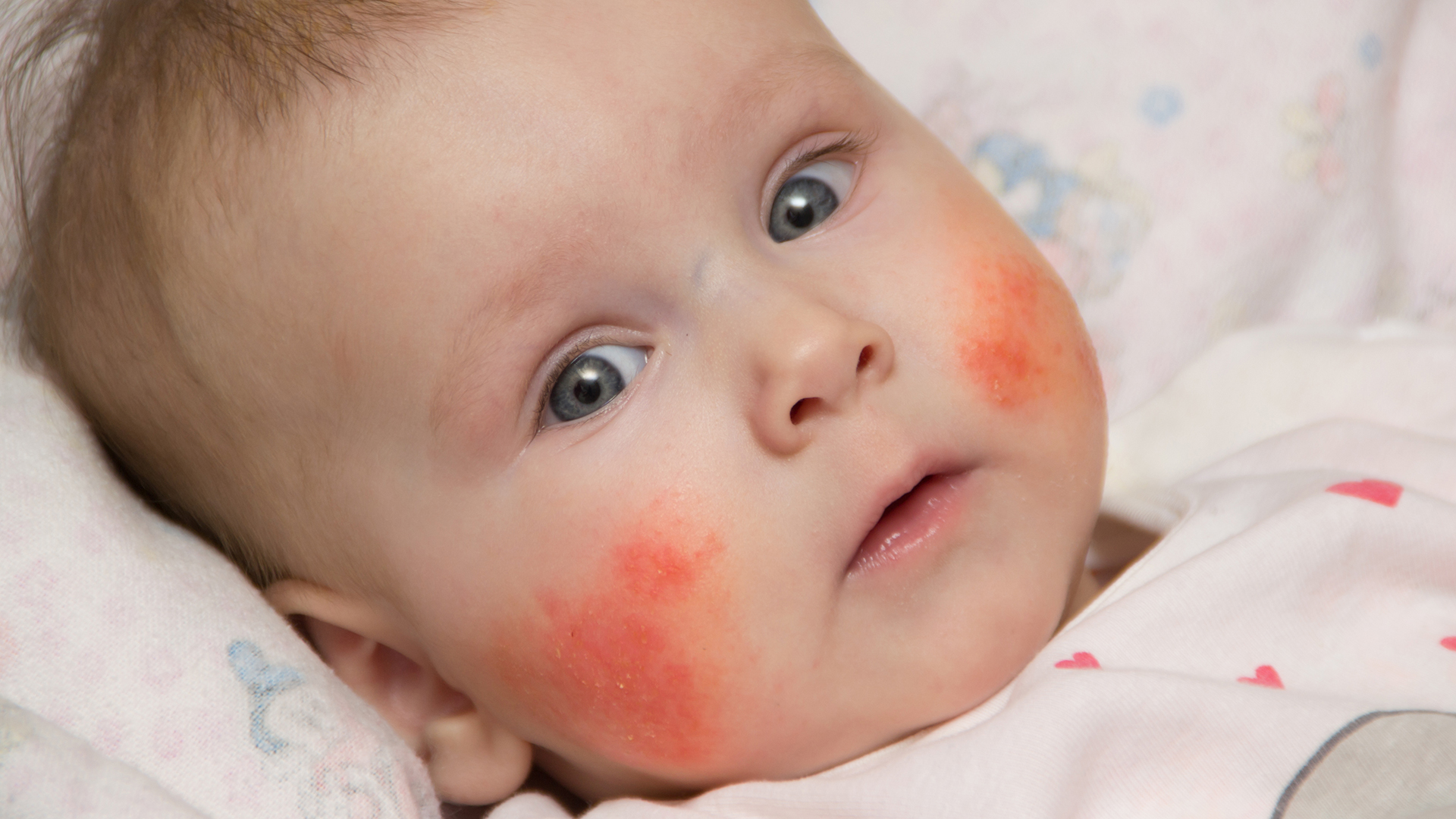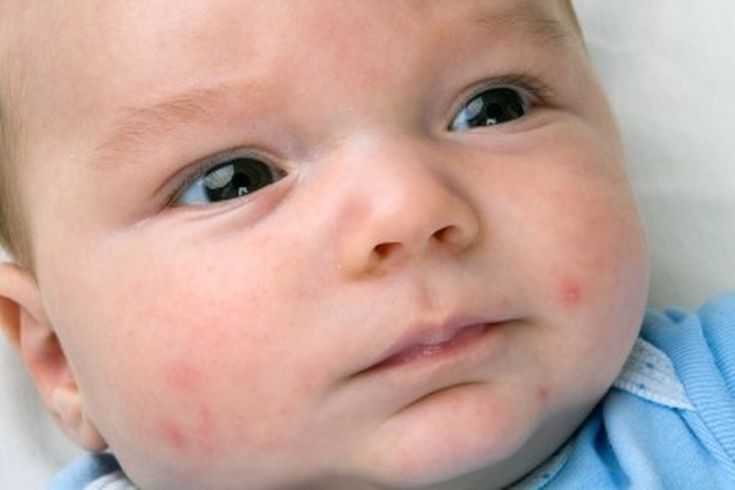
Common Allergies in Babies: Parents worry more and more about food allergies in babies. Because they can cause serious health problems if they aren’t found and treated properly. As a parent, you need to know the signs and symptoms of food allergies in babies, as well as how to find them and deal with them. In this article, we will talk about food allergies in babies and how to tell if a baby has one.
What are babies’ food allergies?
Food allergies happen when the immune system reacts to a certain food protein, which the body thinks is harmful but isn’t. When the immune system finds the food protein, it sets off a mild to a severe allergic reaction. More and more babies are getting food allergies, which can cause skin rashes, stomach pain, vomiting, diarrhea, and even anaphylaxis.
When do babies start to have food allergies?
Babies can get food allergies at any age, but they happen more often in babies and young children. The American Academy of Pediatrics says that babies should only be fed breast milk for their first six months. This can help keep them from getting food allergies. Parents can give their babies solid foods after they are six months old, but they should be careful and only give them one new food at a time, waiting at least three to five days between each one to see if there are any allergic reactions.
Common Allergies in Babies

How to find out if a baby is allergic to food?
It can be hard to tell if a baby has a food allergy, especially if they are too young to tell you what’s wrong. But parents can watch out for the following signs and symptoms:
- Rash or hives on the skin: A rash or hives on the skin is one of the most common signs that a baby has a food allergy. This can show up anywhere on the body and can be red or itchy.
- Stomach pain or throwing up: Babies who are allergic to certain foods may have stomach pain or throw up after eating a certain food. This could also come with loose stools.
- Face or tongue swelling: If a baby is allergic to a food, their face or tongue may swell.
- In severe cases, a baby may have trouble breathing, which can be a sign of anaphylaxis, an allergic reaction that can kill.
- Crying or fussing: Babies with food allergies may cry or fuss, especially after eating a certain food.
If you notice any of these signs or symptoms in your baby, you must see a pediatrician right away. They may send you to an allergist for more tests and to find out what’s wrong.
Also, Read- Garden Bugs – Good or Bad And Gardening in India
How are babies with food allergies found?
Common Allergies in Babies, If you think your baby might have a food allergy, you should see a doctor as soon as possible. Your baby’s pediatrician may suggest that you see an allergist for more tests and to find out what’s wrong.
The most common ways to find out if a baby has a food allergy are:
- For a skin prick test, a small amount of the suspected allergen is pricked into the skin and the reaction is watched.
- Blood test: An allergen can cause the immune system to make IgE antibodies. A blood test can measure how many IgE antibodies are made.
- Elimination diet: This means taking suspected allergens out of the baby’s diet for a while and watching to see if his or her symptoms change.
- Oral food challenge: For this test, a small amount of the suspected allergen is given to the baby and the reaction is watched closely by a doctor.
How to handle babies with food allergies?
If your baby has a food allergy, it’s important to take care of the allergy and stop it from happening again. The best way to deal with food allergies in babies is to keep them from eating the foods that cause them. This could mean carefully reading labels, avoiding cross-contamination, and making all of your meals at home.
When a baby has food allergies, they may need to take medicine. This could include antihistamines, which can help relieve mild symptoms. Or epinephrine, which is used to treat severe allergic reactions like anaphylaxis. If your baby needs medicine, you need to work closely with their pediatrician and allergist to make sure they get the right care.
Conclusion
Babies with food allergies can have serious health problems, but if you find out what’s wrong and take care of it. You can prevent severe reactions and keep your baby healthy. As a parent, you need to know the signs and symptoms of food allergies in babies. And see a doctor if you think your child might have one. With the right diagnosis and care, you can help make sure your baby stays safe and healthy. And that as they grow and develop, they can enjoy a wide range of healthy and tasty foods.
Read More: 10 Best Document Management Software In 2023


